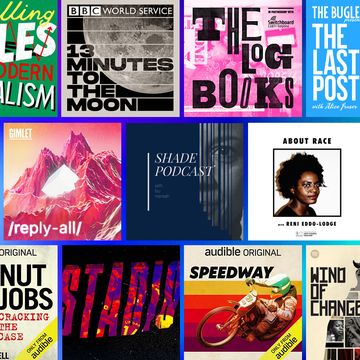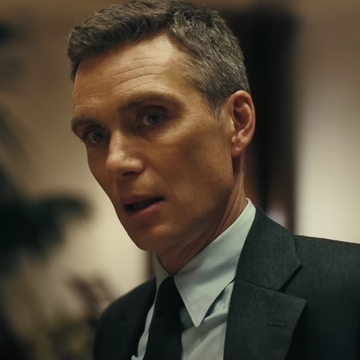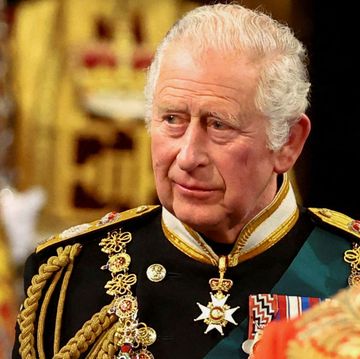Prince Harry isn’t a father quite yet, but during a recent public appearance he shared some opinions that suggest that he's going to be all about monitoring his future offspring's screen time. During a visit to a London YMCA as part of a royal mental health initiative, the Duke of Sussex went off on social media and Fortnite, saying that the popular online game should be banned altogether.
"That game shouldn’t be allowed," said Prince Harry of the mega-hit game, which has over 250 million players worldwide. "Where is the benefit of having it in your household?”
"It's created to addict," he continued, "an addiction to keep you in front of a computer for as long as possible. It's so irresponsible."
Like any other entertainment medium, video games are designed to make players, well, want to play them. But today’s games are definitely more immersive than their less-sophisticated forebears—they're beautifully designed, accessible on a variety of platforms, and socially engaging in ways that may make it harder for some players to turn away. Developers mine the tenets of behavioural economics to create free-to-play games like Fortnite that make major bucks by persuading us to spend our money on in-game purchases. One 1998 study found that video games double the amount of dopamine in the brain, which is around the same amount of the pleasure chemical that’s released during sex.
Experts are still debating whether or not video games are clinically addictive, and if so, how widespread such addictions are. Last year, the World Health Organisation declared that compulsive gaming is a mental illness. "Video gaming is like a non-financial kind of gambling from a psychological point of view," researcher Dr. Mark Griffiths told The Associated Press. "Gamblers use money as a way of keeping score whereas gamers use points."
Video game addiction is still yet to be classified as a formal disorder in the DSM, which cites that "further study" is needed, but the WHO believes up to 3 percent of players are affected. On the other hand, Griffiths estimates that much less than one percent of gamers play compulsively, and says that those that do are are likely to suffer from underlying conditions like depression and autism.
Prince Harry also had strong words for social media in general, calling it "more addictive than alcohol and drugs." While his words may sound hyperbolic, researchers have actually found that people find it harder to resist the urge to scroll through Twitter or check their emails than they do to refrain from smoking cigarettes and drinking booze. He may have a point.













